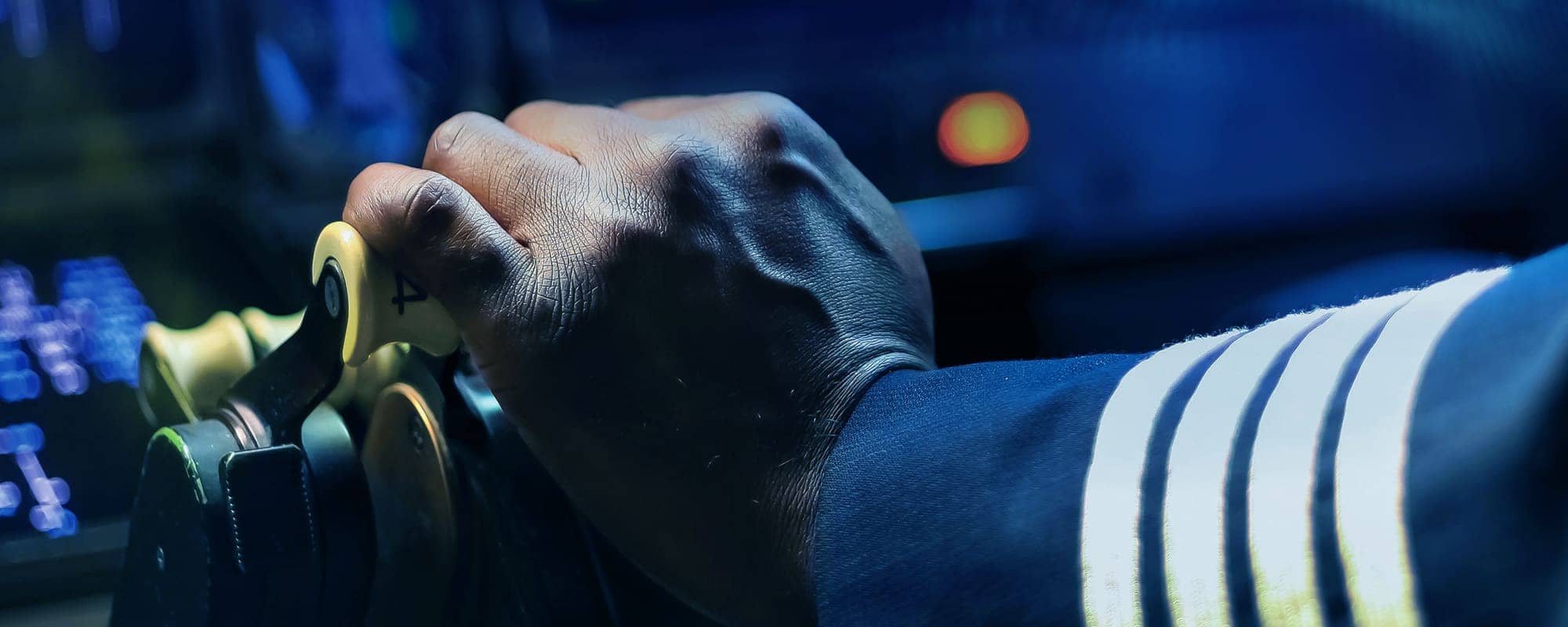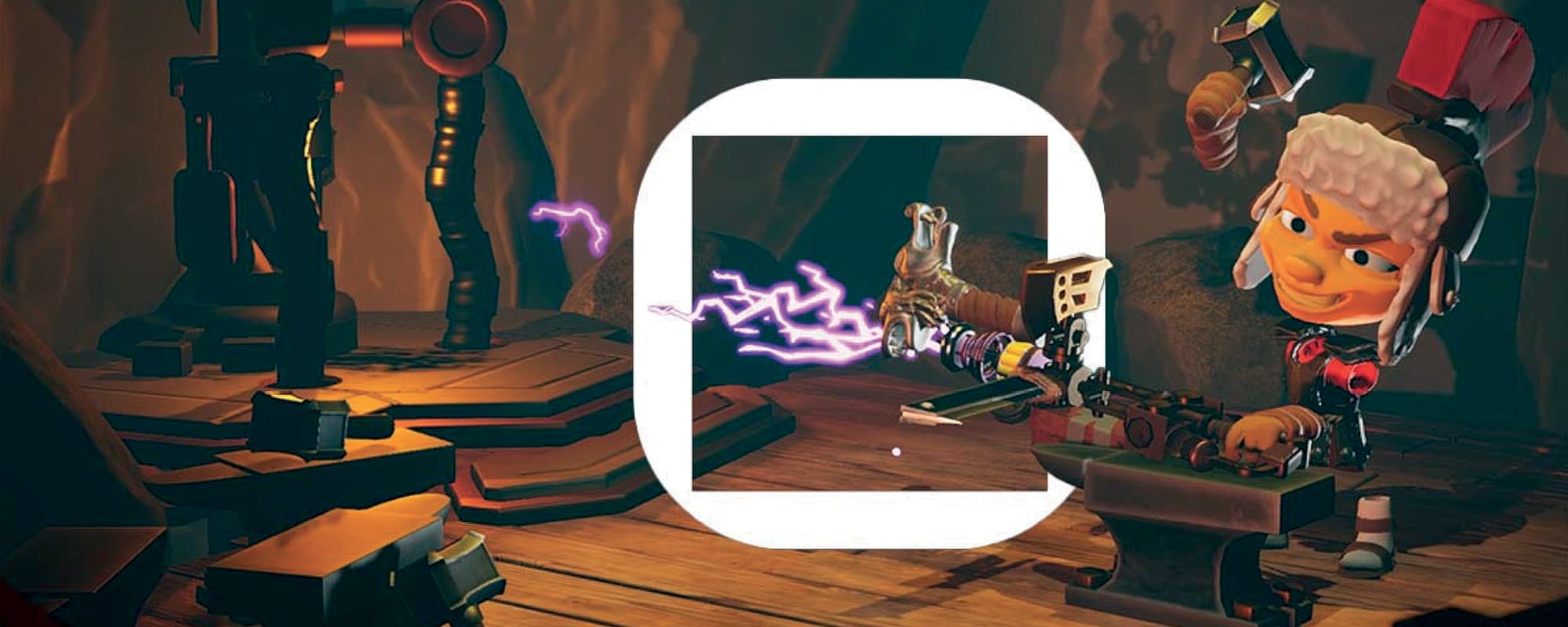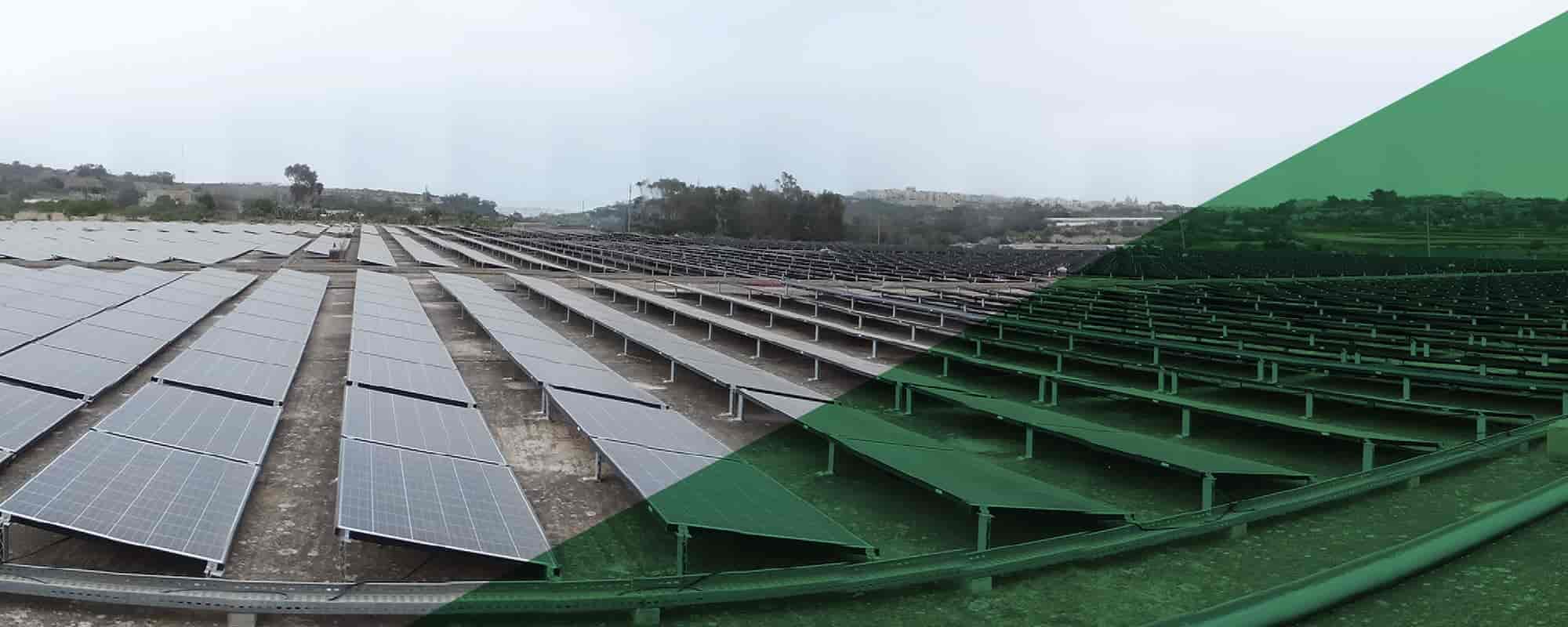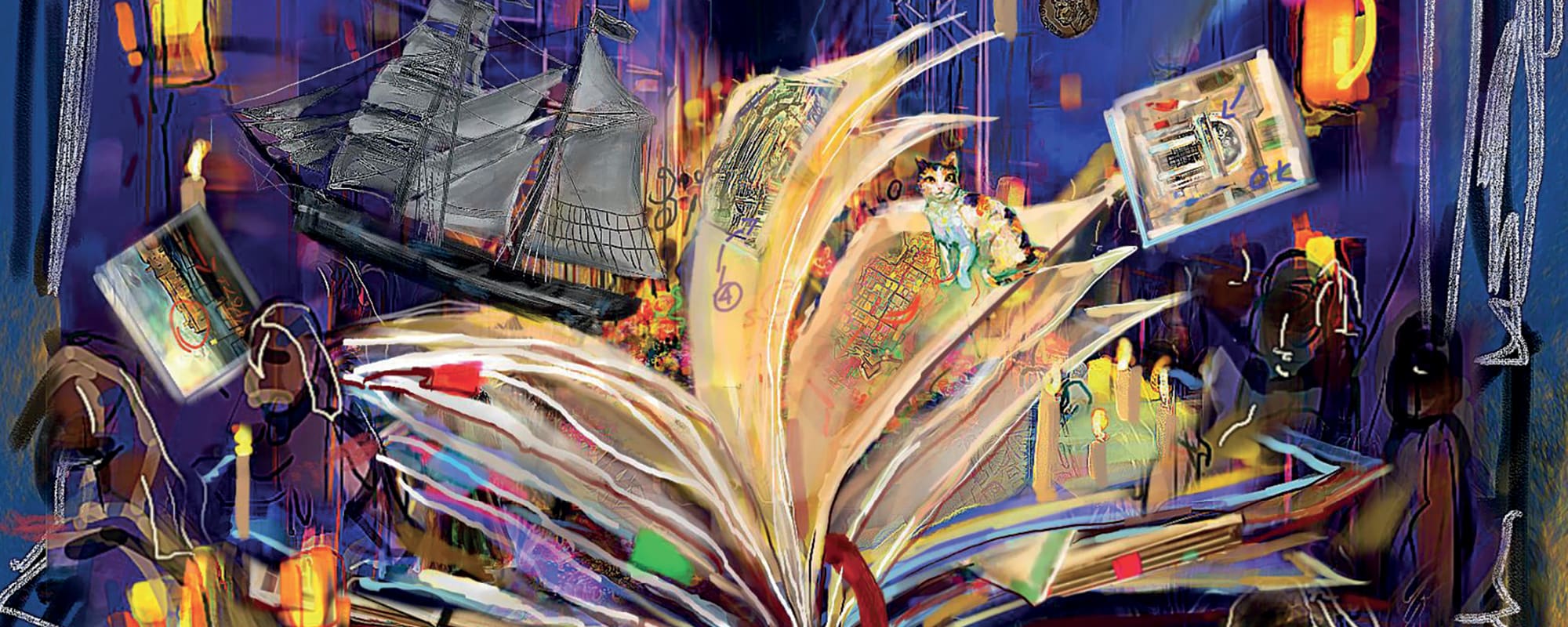As passengers, we often overlook the complexity and challenges faced by pilots as they navigate the skies. THINK explores SmartAP, a cutting-edge AI technology that could help pilots combat stalling and difficult landing situations. Buckle up, sit back, and enjoy the journey!
Continue readingMaximising Solar Panel Efficiency: The DustPV Project
The DustPV project, led by Prof. Ing. Joseph Micallef, aims to determine the optimal timing for cleaning solar panels using innovative sensor technology and weather data analysis. By addressing the challenges of dust accumulation on photovoltaic panels, the project seeks to enhance solar panel performance and contribute to Malta’s renewable energy goals.
Continue readingIts What Inside That Matters: 3D Printing Medical Tech
Microfluidic devices manipulate small volumes of fluids, which are mainly used in biomedical application scenarios such as clinical diagnosis, drug delivery, and point-of-care testing. Creating such devices is a costly and challenging endeavour. The UM’s Department of Industrial and Manufacturing is investigating cost-efficient ways to produce microfluidic devices faster and a lot easier.
Continue readingMaking Electrical Drives More Efficient
The climate crisis urges us to use every means of reducing CO2 emissions. To reduce the energy consumption of electrical drive applications, researchers from the Faculty of Engineering at the University of Malta are working on a hybrid inverter drive. This device will be able to adjust the power input to an electric motor, thus avoiding power losses. With 8 billion electric motors in the EU alone, even small energy savings can scale up to big contributions towards a sustainable future.
Continue readingThe Future of Campus Energy
Of all energy resources, solar energy is the most abundant. Harnessed even in cloudy weather, the rate of solar energy that arrives on Earth is 10,000 times greater than the rate at which humankind consumes energy. Solar technologies can deliver heat, cooling, natural lighting, electricity, and fuels for a host of applications.
But how does this technology work? Can the University of Malta (UM) lead the way towards greener energy?
Continue readingModl.ai: Creating the Ultimate AI Game Testers
A spin-out from the University of Malta’s Institute of Digital Games is working on artificial intelligence-run game testing software. The engine would run thousands of low-level testing rounds before humans engage in high-level testing of a game prior to market release. Modl.ai co-founder Georgios N. Yannakakis tells THINK how his team aspires to change the game.
Continue readingCan You Enhance That?
Cop shows have taught us that grainy photos of a crime scene usually contain clues to a killer in action. By zooming in or running a program, investigators are able to catch critical clues to help in their investigation. In reality, if one zooms in on a poor-quality image, one simply gets pixels. A team of researchers at the University of Malta (UM) are developing software which can enhance images to extract critical details and clues using artificial intelligence. Dr Ing. Christian Galea, one of the researchers in the Deep-FIR project, talks us through his journey.
Continue readingZEROCO2 Buildings: A Step Closer to Carbon Neutrality
There is more to making a building energy efficient than simply installing PV Panels. To create a truly zero-energy building, a holistic approach involving engineers, architects, and builders needs to be taken. THINK sits with Prof. Ing. Charles Yousif and his team to see what such an approach looks like.
Continue readingPlaying Maltese History
When we study history, we might think of larger-than-life figures such as William the Conqueror and Napoleon or of crucial dates such as the French Revolution of 1789 or the Fall of the Berlin Wall in 1989. But it is also possible to look at history through the lens of microhistory and socio-economic processes, focusing on the daily lives of the people or communities that lived through the time. For the team behind the project Playing Maltese History, this lens was the starting point for their video game, Valletta: Streets of History.
Continue readingA New Way to Harvest Energy
Pacemakers and cochlear implants are wonders of modern engineering. However, these tools need to have their batteries replaced periodically. Over the past six years, Dr Ing. Francarl Galea has delved into the world of microelectronics and developed a new integrated circuit that is promising to solve that and many more problems.
Continue reading









